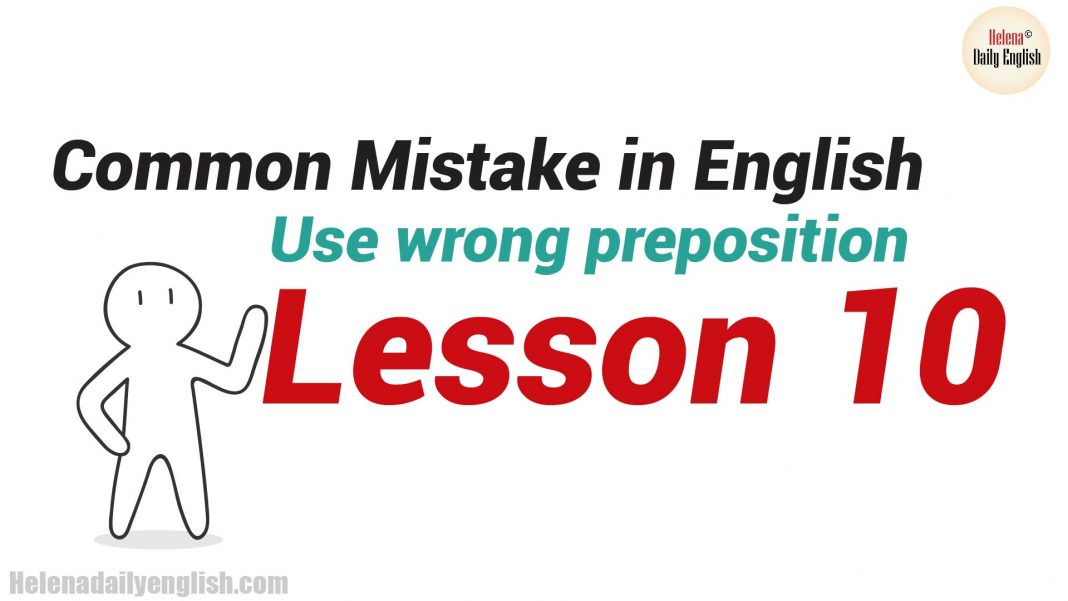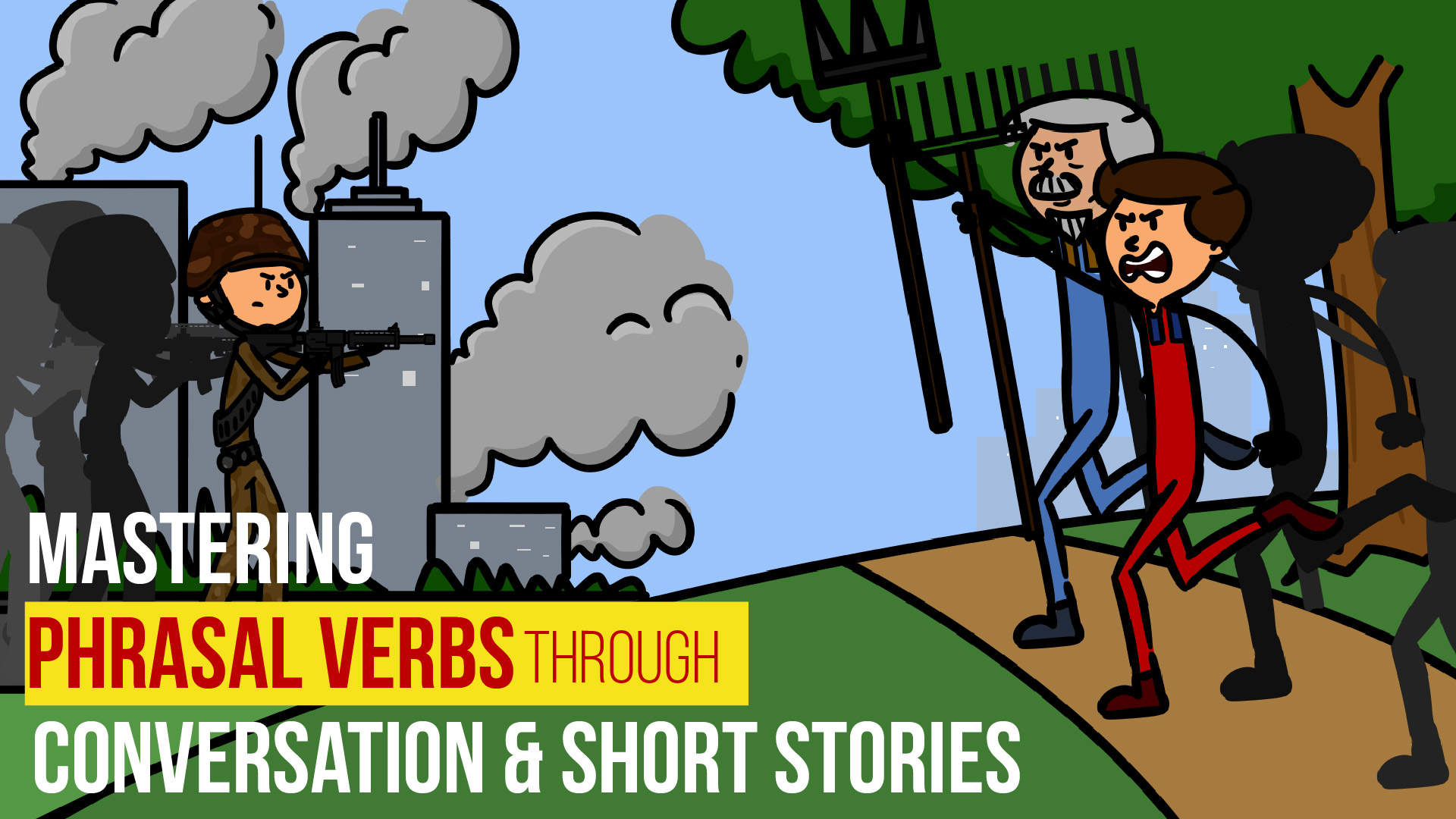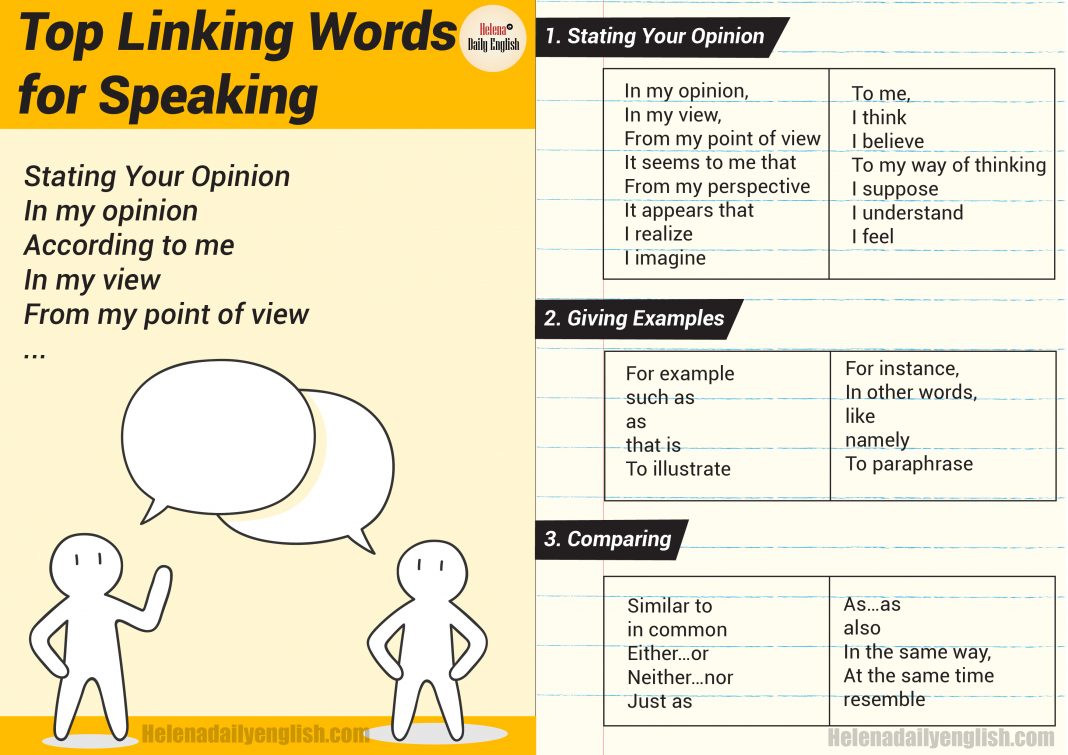Mistakes are often made by using the wrong preposition after certain words. The following list includes the words which most often give trouble:
We believe that you can speak English Correctly after avoiding these mistakes.
1. Mind (object to) + -ing.
Don’t say: Would you mind to open the door?
Say: Would you mind opening the door?
2. Practise + -ing.
Don’t say: You must practise to speak English.
Say: You must practise speaking English.
3. Remember + -ing.
Don’t say: I don’t remember to have seen him.
Say: I don’t remember seeing him
or: I don’t remember having seen him.
4. Risk + -ing.
Don’t say: We couldn’t risk to leave him alone.
Say: We couldn’t risk leaving him alone.
5. Stop + -ing.
Don’t say: The wind has almost stopped to blow.
Say: The wind has almost stopped blowing.
Note: Also give up (=stop)
Example: He give up smoking.
6. Easy + -ing.
Don’t say: Vie was busy to revise the exams.
Say: He was busy revising for the exams.
7. Worth + -ing.
Don’t say: Is today’s film worth to see?
Say: Is today’s film worth seeing?
8. Have difficulty in + -ing.
Don’t say: She has no difficulty to do it.
Say: She has no difficulty in doing it.
9. Have the pleasure of + -ing.
Don’t say: I had the pleasure to meet him.
Say: I had the pleasure of meeting him.
Note: Also take pleasure in
Example: He takes great pleasure in helping others
10. It’s no use + -ing.
Don’t say: It’s no use to cry like a baby.
Say: It’s no use crying like a baby.
10. It’s no good + -ing.
Don’t say: It’s no good to get angry.
Say: It’s no good getting angry
11. Look forward to + -ing.
Don’t say: I look forward to see him soon.
Say: I look forward to seeing him soon.
12. There is no harm in + -ing.
Don’t say: There’s no harm to visit her now.
Say: There’s no harm in visiting her now





